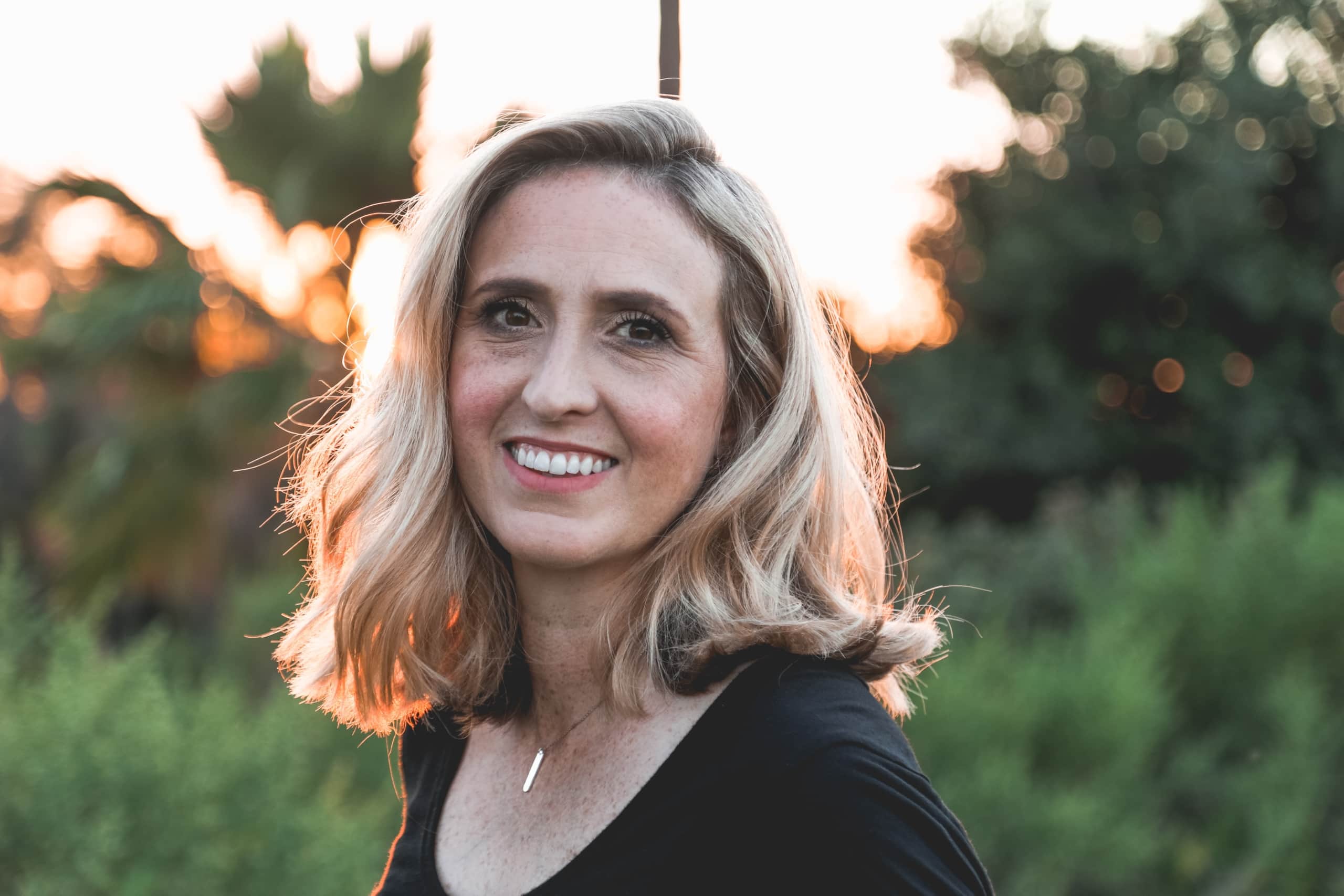Being told you have an ovarian cyst often leaves you with more questions than […]

As you get older, regular gynaecological checks remain as important as they were in your younger years – be careful not to dismiss some early symptoms as signs of normal ageing! Here are some of the gynaecological issues you should keep a look out for:
Irregular periods
Just as they were irregular during your early teenage years, being at the other end of your reproductive span can result in your periods being erratic. Time taken to transit into menopause (perimenopausal) varies between women and can range from few months to a few years. You should be concerned if you have:
Menopause
You are officially menopause if you have gone for more than 12 months without a period. During your perimenopausal period and the initial years after you have reached menopause, it can be common to experience symptoms such as hot flushes, mood swings, insomnia, vaginal dryness, decreased libido, as well as general aches and pains. You should consult your gynaecologist if these symptoms are affecting your quality of life.
Bleeding after menopause
Any bleeding that occurs after menopause (i.e. after you have gone for more than 12 months without bleeding) is considered abnormal and you should see a gynaecologist for further checks.
Vaginal atrophy
As estrogen levels decrease with age, vaginal skin can become thin, dry and inflamed. Vaginal atrophy is common in peri-menopause or menopause women, and can cause vaginal itch, discomfort and painful sex. Be cautious about using over-the-counter feminine washes or creams – do speak to your gynaecologist if you find your symptoms worsening.
Urinary incontinence
If you leak urine that is beyond your control, you may have urinary incontinence. This can range from situations when you leak urine during physical activity (stress urinary incontinence) to when you leak urine shortly after experiencing a strong urge to pass urine (urge urinary incontinence). This is a common condition that can affect women of older age, and can be a source of great embarrassment – thankfully, there are good treatment options that your gynaecologist will be able to advise you on.
Pelvic organ prolapse (POP)
Drooping of the uterus, bladder or rectum into and beyond the vagina is common in older women, affecting 1 in 3 women who have had children. 1 in 10 women (mostly of older age) will need surgery in their lifetime for POP, so do alert your gynaecologist if you start feeling a lump in your vagina or a heavy dragging sensation in your lower pelvis.
Gynaecological cancers
As with most other cancers, the risk of gynaecological cancers (malignancies) increase as you grow older. The 3 main ones are endometrial, ovary and cervical cancer – at present, only cervical cancer has an effective screening tool in the form of Pap smear/HPV test, which you should visit your gynaecologist regularly for. Symptoms that you should flag up which may be suspicious for uterus cancer would be abnormal vaginal bleeding and that of ovarian cancer would be abdominal bloatedness, discomfort or loss of weight/appetite. The other common cancer that women should screen for would be breast cancer in the form of mammograms.
Osteoporosis
Women are more prone to osteoporosis as they lose bone mass rapidly after reaching menopause due to lower estrogen levels. You will need to keep up with weight-bearing exercise (e.g. brisk walking, jogging, dancing, aerobics etc) and taking sufficient calcium and vitamin D in your diet. If you have risk factors, your gynaecologist may recommend a bone mineral density (BMD) test for you.
Being told you have an ovarian cyst often leaves you with more questions than […]
Chronic bloating. Lower back pain. Fatigue that lingers even after rest. These are symptoms […]
Many women live with Polycystic Ovary Syndrome (PCOS) without realising fact from fiction. This […]





Aster Gynaecology © | All Rights Reserved.